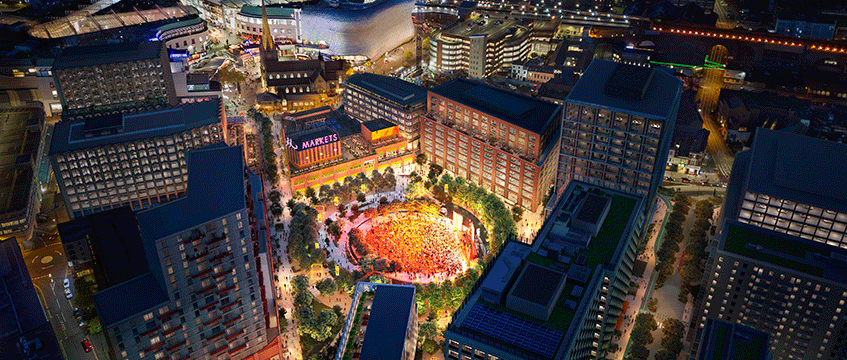Town or village green – Commons registration – Common land – Claimant applying to rectify register removing area of undeveloped land – Whether land properly registered as town or village green – Whether court deeming it just to rectify register – Application granted
C owned an area of undeveloped land that was surrounded by built-up areas and crossed by two footpaths. Until around 1980, it was used for grazing but was subsequently not put to profitable use. For many years, local residents had walked on the land without keeping to the footpaths. C had tried to prevent such use, but eventually gave up because the residents continued to stray from the paths. Those residents (represented by the second defendant) denied that any real attempt had been made to prevent them from walking freely on the land.
In 1997, an application was made to the first defendant council, as the registration authority, to register the land as a town or village green (TVG) under section 13 of the Commons Registration Act 1965. That led to a non-statutory public inquiry in December 2000, and, in June 2001, the first defendants determined that the land should be registered as a TVG on the ground that it was land on which the inhabitants of the locality had indulged in lawful sports and pastimes as of right for not less than 20 years pursuant to section 22(1) of the 1965 Act.
An application for judicial review of that decision was made and then discontinued. However, C reserved the right to apply, under section 14 of the 1965 Act, to rectify the register and cancel the registration of the land. In 2004, C sold the disputed land to the claimant, which, in 2005, applied, under section 14, to rectify the register. The proceedings went to the Court of Appeal, which decided two preliminary points: see [2008] EWCA Civ 22; [2008] 06 EG 130 (CS). The High Court then gave judgment on the question of whether the 2001 registration ought to have been made and whether it was just to rectify the register. The second defendant was joined to the proceedings by consent.
Held: The application was granted.
The question was whether the user by local residents had been contentious so that it did not amount to user as of right. The test was whether the circumstances were such as to indicate to those using the land, or to a reasonable person with knowledge of the relevant circumstances, that the landowner objected and continued to object and would back that objection either by physical obstruction or by legal action. For that purpose, a user was contentious when the landowner was doing everything it could to contest and interrupt the user: Smith v Brudenell-Bruce [2002] 2 P&CR 51, R (on the application of Beresford) v Sunderland City Council [2003] UKHL 60; [2004] 1 EGLR 94 and R (on the application of Lewis) v Redcar and Cleveland Borough Council (No 2) [2010] UKSC 11; [2010] 2 AC 70 considered.
C had done everything they could to contest the user and endeavour to interrupt it. Therefore, the user that the applicant had relied on for registration, whether in the period beginning 1 August 1970 or in the period measured back from the application in 1997, did not extend to a period of 20 years’ user as of right.
The steps that C had taken, which fell short of legal proceedings, were proportionate to the user in question and they sufficiently communicated to the persons using the land that the user was contentious. The court would not hold that C had acquiesced in the user merely because they had not issued legal proceedings. The amendment to the register made in 2001 to include the land as a TVG should not have been made.
The question of whether it was just to order rectification of the register involved a balancing exercise, taking into account all proper points that could be made on behalf of the landowner and the local residents. Weighing all those factors in the instant case, an order for rectification would free the landowners from burdens that should not have been placed on them and the local residents would be denied in the future rights that they had enjoyed in the past, but which they should not have had. Accordingly, the register should be rectified to the effect that registration of the land as a TVG should be cancelled.
George Laurence QC and William Webster (instructed by Pengillys, of Weymouth) appeared for the claimant; the first defendants did not appear and were not represented; Philip Petchey (instructed by Public Law Solicitors, of Birmingham) appeared for the second defendant.
Eileen O’Grady, barrister






